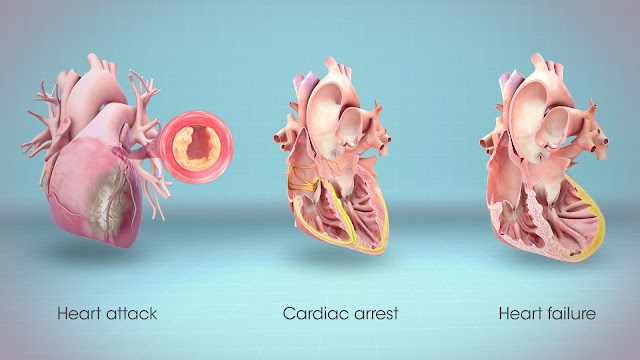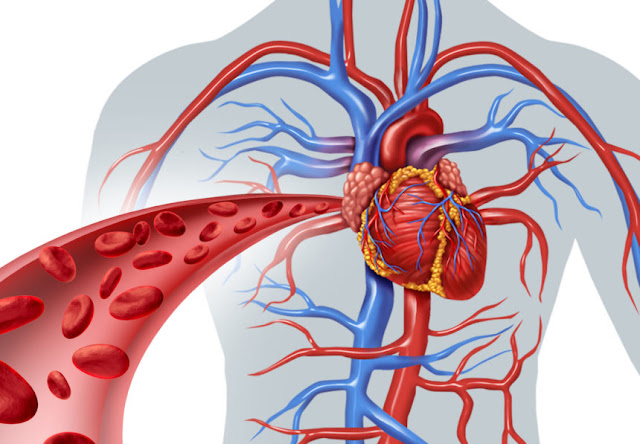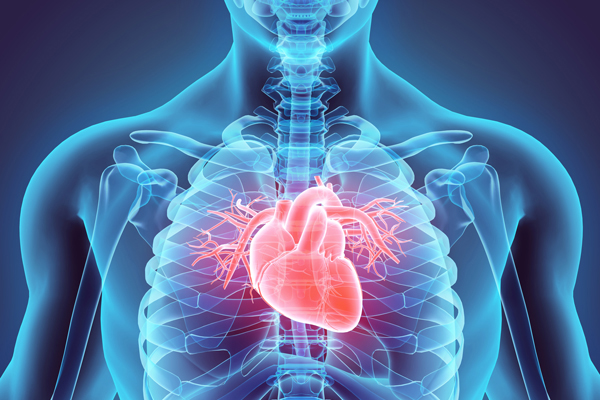Heart Attack vs. Heart Failure - Differences You Need to Know

Heart Attack and Heart Failure are heart diseases. While they may have some causes common to them, there are many differences between the two conditions. Heart Attack A heart attack occurs when any of the arteries supplying blood to the heart gets blocked or is ruptured, and consequently, the blood flow to the heart is severed. The heart muscles start to die immediately, because of the lack of oxygen, if no immediate medical intervention is made. A heart attack may also lead to heart failure when it directly impacts the pumping capacity of the heart, and this condition is named acute heart failure. Heart Failure Heart failure is a chronic condition, develops over time and is the gradual weakening of the muscles of the heart. Because of the weakening, the heart becomes incapable of pumping an adequate amount of blood to the other body organs, and the reduced blood flow may lead to complete heart dysfunctioning and failure. Heart failure ...



